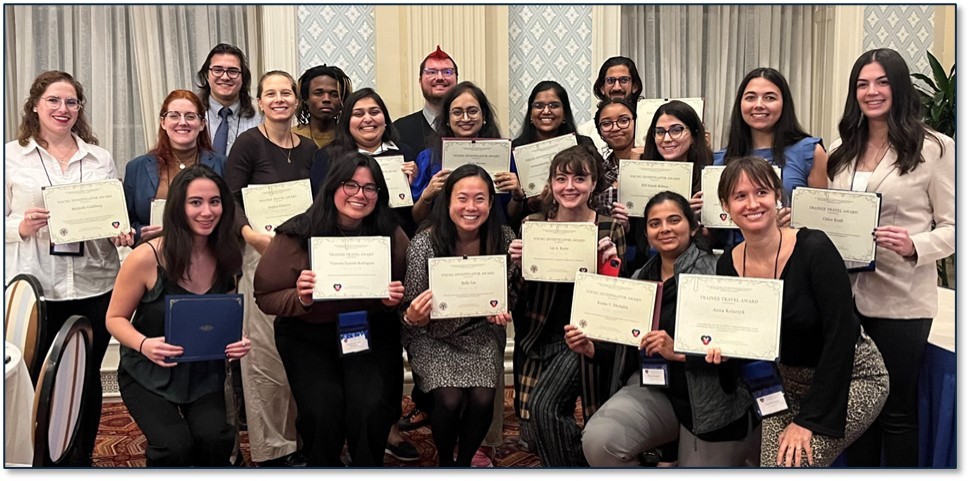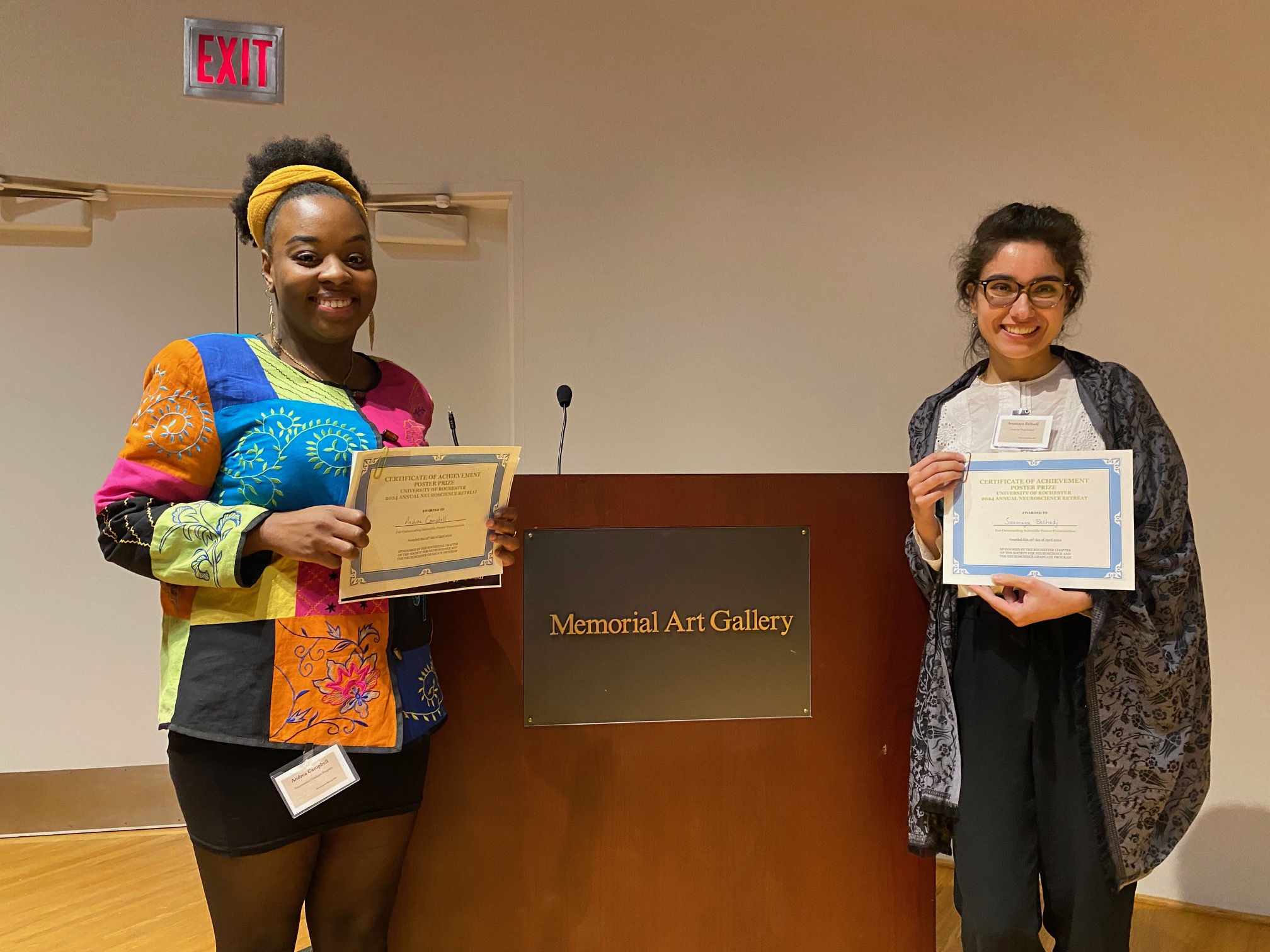Can lost vision be restored?
Almost everyone knows someone who wears glasses or contact lenses. Correcting blurry vision is common, especially among aging adults. The National Institutes of Health estimates that nearly 93 percent of people over 70 wear lenses. Unfortunately, not every visual problem associated with aging is so easily corrected.
“Vision is complicated, and we don’t yet have a complete understanding of how it works, let alone how to prevent these complex diseases,” says Juliette McGregor, an assistant professor of ophthalmology at the University of Rochester Medical Center. “Vision is a really fundamental sense that helps us with the activities of daily life, but it also brings us a lot of joy. Sharing a smile or seeing a beautiful sunset are important not just for independence, but also for our well-being. Researchers are working hard to create new technologies and treatments designed to allow people with vision loss to regain some visual performance.”









